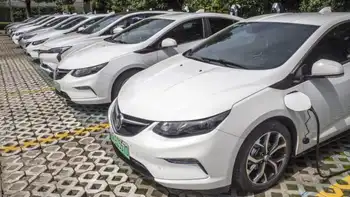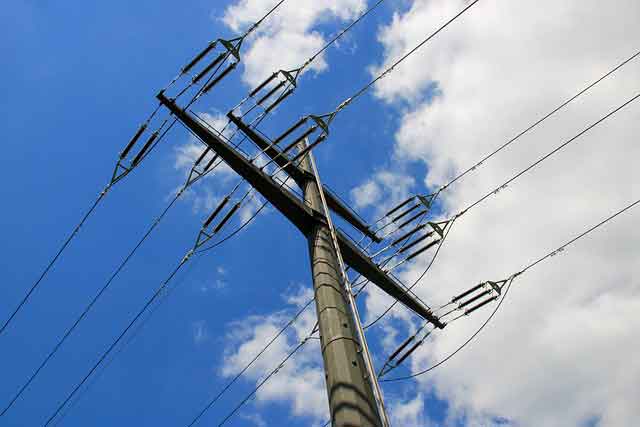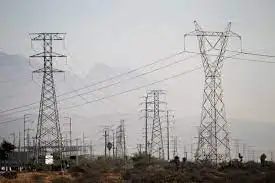Regulators hold hearings on Xcel smart grid
By Associated Press
Substation Relay Protection Training
Our customized live online or in‑person group training can be delivered to your staff at your location.

- Live Online
- 12 hours Instructor-led
- Group Training Available
Since the utility announced the project in Boulder in 2008, its costs have nearly tripled from initial estimates. But the utility says it's still learning valuable lessons in providing power.
The Colorado Public Utilities Commission is holding hearings on the project and how much of its costs Xcel Energy can recover from customers statewide, not just in Boulder.
The Office of Consumer Counsel, representing customers' interests, says customers shouldn't have to bear all of the overruns.
"The amount being spent has really increased from what was told to consumers initially and the commission. That's what concerns us," said William Levis, director of the office.
Xcel Energy initially estimated it would spend $15.3 million on technologies associated with SmartGridCity, with partners contributing the rest of a project with estimated costs of $100 million.
The utility's own costs are now approaching $45 million, in part due to higher estimates for some costs like installing fiber, and in part due to recategorizing some expenses into SmartGridCity's budget.
PUC staff, Xcel Energy and the Governor's Energy Office have agreed that Xcel wouldn't seek to recover any costs above $44.5 million from customers through electricity rates, but commissioners have to approve the deal. The Office of Consumer Counsel wants to cap the amount recoverable from customers at $27.9 million.
The idea for SmartGridCity sprouted as interest in green energy was growing, threatening to upset more predictable demands for power.
The utility envisioned a day when more people coming home to plug in electric vehicles could cause spikes in nighttime demand for power. If more people added solar panels to their homes, Xcel also would have to adjust to spikes in demand on cloudy days.
An updated power grid could deliver real-time information on power usage to the utility, so it could monitor demand on transformers and block outages before they happen.
Using smart meters would give customers access to near real-time data on how much power they were using, instead of giving them lump-sum totals on monthly utility bills. That is already happening for thousands of Boulder customers, but Xcel is waiting on security tests before offering in-home devices to allow homeowners to adjust their thermostat settings or control other appliances remotely to save power.
"The real idea behind SmartGridCity was how to learn, how do you run a utility in the 21st century," said Xcel Energy business technology executive Randy Huston.
Xcel plans to experiment with charging customers more during periods when demand for electricity is highest to see if the tiered pricing can get customers to use less.
But on a 100-degree day, will homeowners balk at turning on the air conditioning when the cost is only cents more per minute?
Xcel Energy plans to study usage by thousands of its Boulder customers to find answers.
So far, Xcel said the SmartGridCity project, which involved upgrading its IT infrastructure, helped avert 63 outages in Boulder last year. It also has found it can fix some problems remotely instead of sending out technicians, saving time.
In separate hearings, state regulators are gathering public comments on Xcel Energy's plan to convert coal-fired power plants to natural gas in Denver and close a coal plant in Boulder to comply with a new Colorado law aimed at cutting pollution from power plants. Xcel estimates that plan would cost about $1.3 billion.











